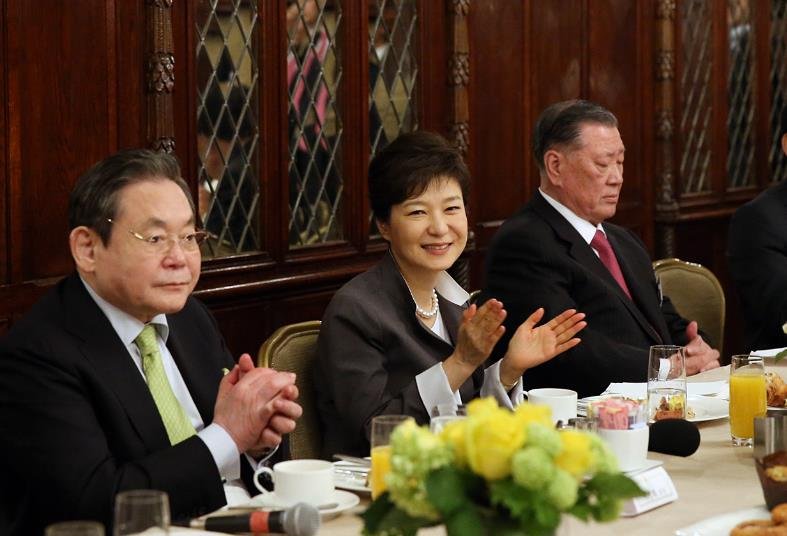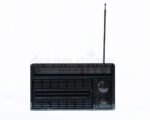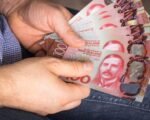In a significant development for international trade, top Korean business leaders are set to meet with their American counterparts in Washington, D.C. in early December. This marks the first such high-level meeting since the election of former President Donald Trump, and comes as the U.S. prepares for a second Trump administration. The gathering is expected to address key industrial and trade policies and may even include a direct meeting between President-elect Trump and the visiting Korean delegation.
The Key Participants and Key Topics
The meeting, which will take place over three days during the first week of December, will be centered around the 35th Korea-U.S. Business Council Meeting. Hosted by the Federation of Korean Industries (FKI) in collaboration with the U.S. Chamber of Commerce, the event will draw significant attention due to its timing, just after the U.S. presidential election.
The Korean delegation will be led by Ryu Jin, Chairman of the FKI and head of the Korea-U.S. Business Council. Ryu will bring a select group of leaders from Korea’s top conglomerates, including Samsung, SK, Hyundai Motor, and LG. These companies have recently completed their membership dues to the FKI and are anticipated to actively participate in discussions. The meeting will also include representatives from other major Korean corporations such as POSCO, Hanwha, and Hyosung, who attended the Korea-Japan Business Council Meeting in Seoul last month.

A Historic Gathering Post-Election
This Korea-U.S. Business Council Meeting is particularly notable as it will be the first one in five years to be held in Washington, D.C., following the 2019 session. The five-year gap comes amid global disruptions, including the pandemic, which forced virtual meetings in 2020 and 2021. In 2022, the meeting was held in Seoul after a three-year hiatus from in-person events. The timing of this meeting, directly after the U.S. presidential election, is expected to give the Korean business community a unique opportunity to engage with both political and business leaders at a pivotal time.
One of the key questions surrounding this meeting is whether it will include a formal meeting between the visiting Korean delegation and President-elect Trump. This would be a major point of interest, as both countries look to shape the future of their economic relationship, particularly as the new administration’s industrial and trade policies begin to take shape.
U.S.-Korea Trade Relations and Economic Priorities
Korean business leaders are expected to bring forward several issues of critical importance to both countries. With the U.S. government adopting an increasingly protectionist stance in recent years, discussions are likely to focus on creating a more favourable trade environment, particularly in key sectors such as semiconductors and electric vehicle batteries. These industries, which are central to both the Korean and U.S. economies, will likely be at the forefront of the discussions.
One of the top priorities for the Korean delegation will be to advocate for the continuation of U.S. subsidy policies aimed at supporting the semiconductor and battery industries. These industries are seen as key to both the technological competitiveness of both countries and their broader economic security. The Korean business leaders are expected to emphasize their contributions to the U.S. economy, including the creation of jobs, investment, and technological advancements, hoping that these points will be reflected in the incoming administration’s policies.
As an official from the FKI noted, the meeting will not only involve U.S. business leaders but also high-ranking figures from Congress and think tanks. This broad engagement will provide a platform for Korean companies to voice their concerns on key industrial and trade issues, with a focus on ensuring that their contributions to the U.S. economy are recognised and supported.
Ryu Jin’s Role and Expectations
Ryu Jin’s leadership at the FKI and his long-standing ties with U.S. Republican figures, including former President George W. Bush, add another layer of interest to this meeting. As the first Korea-U.S. Business Council Meeting chaired by Ryu since he took over as the head of the FKI, expectations are high within the Korean industrial sector. His experience and established relationships with key figures in the U.S. are expected to provide valuable insight into the meeting’s potential outcomes.
In a press conference held last July, Ryu addressed concerns about the impact of a second Trump administration on Korean businesses. He expressed confidence that, even if Trump were re-elected, communication between U.S. political figures and Korean businesses would remain straightforward and effective. “Even if former President Trump is elected, domestic companies will not face more difficulties because they can easily communicate with him,” Ryu stated, indicating that the relationship between Korean businesses and the U.S. government would remain strong.








